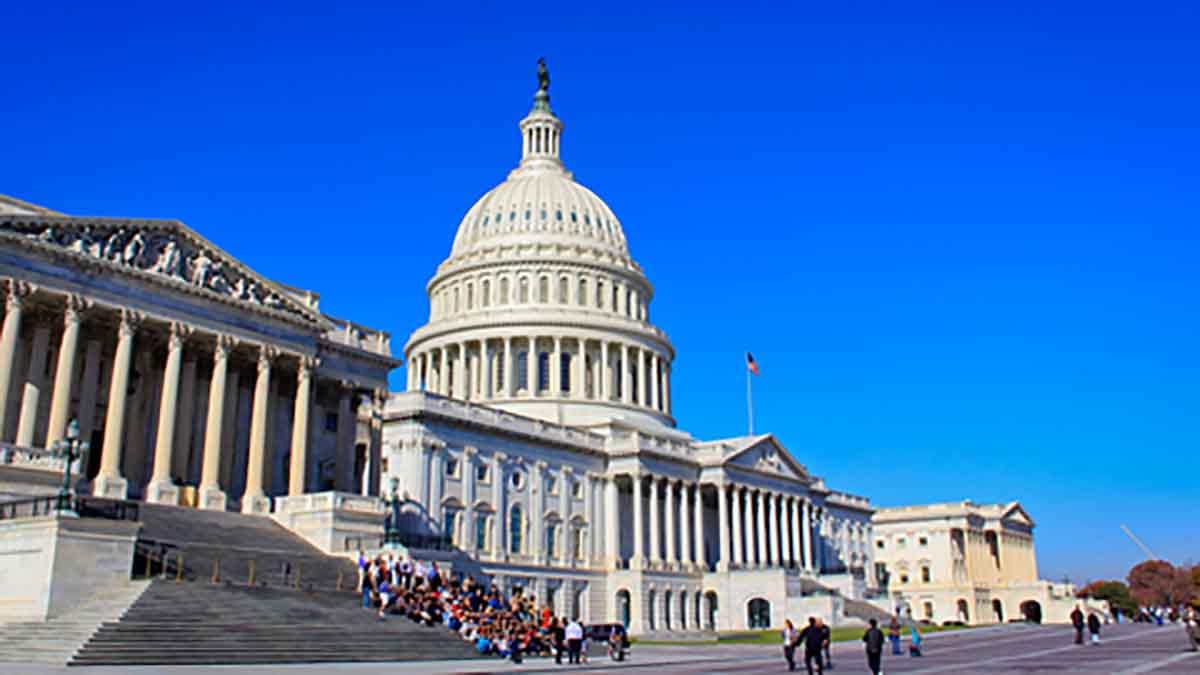DEI in the Workplace: Why I still believe it’s good for business…
As I sit here writing this article, DEI programs in the workplace face attacks across the country. In fact, many organizations have shut down their...
2 min read
Jenna Shellman
:
Aug 13, 2025 2:33:05 PM

As the national conversation around diversity, equity, and inclusion (DEI) continues to evolve, many organizations are left wondering: *What are we actually allowed to do now?* With recent Executive Orders raising questions—and in some cases, fears—about the legality of DEI programs, HR leaders are seeking answers.
In a recent webinar hosted by me (Jenna Shellman, Archbright’s Director of IDEAL - Inclusion, Diversity, Equity, Accessibility, and Leadership) and Erin Jacobson, employment attorney and President of Workplace Law Group, participants gained legal clarity and reassurance.
Here are the key takeaways every organization should know.
Most Organizations Are Staying the Course—Legally and Strategically
Despite the political spotlight, a live poll conducted during the webinar revealed that 83% of participants have not adjusted or paused their diversity, equity, and inclusion commitments due to Executive Orders. This aligns with a 2025 Conference Board study showing that 61% of organizations are maintaining their efforts, even if they are reassessing or rebranding some components.
Organizations should be aware that scaling back diversity, equity, and inclusion efforts can carry business risks. Companies like Target, which have reduced their DEI commitments, have experienced declines in revenue, stock value, and brand reputation. In contrast, Costco has maintained its DEI focus and avoided similar setbacks. For organizations choosing to stay the course, it is essential for leaders to communicate clearly about their DEI initiatives—what actions they are taking and why they matter.
“The legal foundation for inclusive workplace practices is still solid,” said Erin Jacobson. “Most employers are simply reviewing their language, not dismantling their programs.”
What the Executive Orders Do and Don’t Do
Many employers worry that federal orders have made diversity, equity, and inclusion programs illegal or risky. Erin clarified:
Instead of halting DEI programs, legal counsel recommends refining them:
Emphasize inclusivity, opportunity, and employee engagement—core business values.
The Rise of Rebranding: A Legal and Strategic Move
According to the same Conference Board study, 37% of organizations are rebranding their DEI efforts. Terms like:
…are replacing more politically loaded terms. This isn’t just semantics. Rebranding helps organizations continue meaningful work without drawing unnecessary legal or public scrutiny.
“Rebranding can provide legal insulation while maintaining your organizational values,” Erin noted.
How Employers Can Stay Confident and Compliant
Final Thoughts
While some organizations are hitting pause, most are not. Instead, they’re moving forward smarter—with more inclusive language, clearer legal boundaries, and renewed purpose. You don’t need to abandon your diversity, equity, and inclusion goals. You just need to evolve them.
Need help auditing your policies or updating your diversity, equity, and inclusion language?Archbright is here to support your journey toward inclusive, compliant culture.
Want to watch the full webinar?
If you're a member, you can access the full recording for free on mozzo.
Not a member yet? We'd still love to share this valuable resource with you.
Discover what our experts recommend for building inclusive, compliant workplaces. Complete the form below and we will send you a link to the recording.

As I sit here writing this article, DEI programs in the workplace face attacks across the country. In fact, many organizations have shut down their...

This article was originally published to the Archbright Blog on 5/25/21.

Below is the first article in a series exploring topics and learning from the 2021 NW Diversity Learning Series – Speak Up, Speak Out: Get into Good...